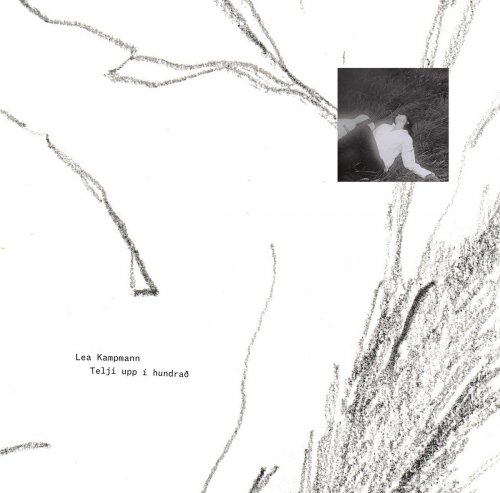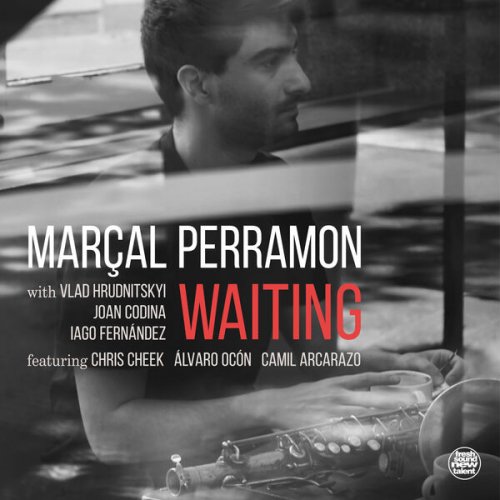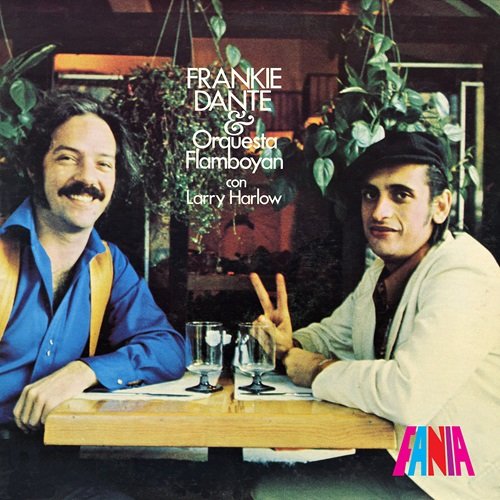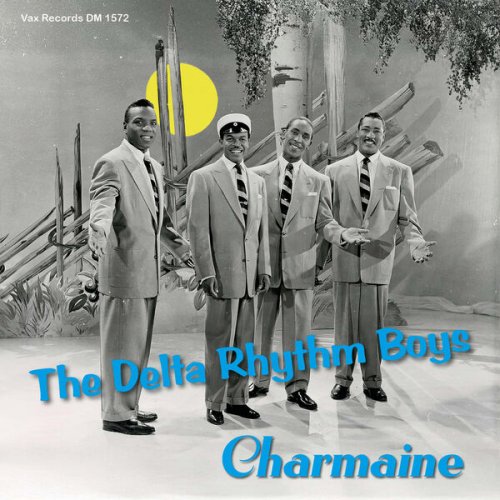Lea Kampmann - Seinferð (2024) [Hi-Res]

Artist: Lea Kampmann
Title: Seinferð
Year Of Release: 2024
Label: Stunt Records - TUTL Records
Genre: Folk, pop
Quality: 16-44100 FLAC; 24-96000 FLAC
Total Time: 00:30:12
Total Size: 167; 571 MB
WebSite: Album Preview
On Lea Kampmann’s new album Seinferð, she invites listeners into a musical space that evokes the sensation of being inside an acoustic guitar. In a harmonious blend of folk and singer/songwriter pop, she conveys the atmospheric mood of the Faroe Islands’ stunning nature through the tonal colors of sound. Seinferð, which means “slow motion” in Faroese, encapsulates an important story about reconnecting with oneself by moving at one’s own pace.Title: Seinferð
Year Of Release: 2024
Label: Stunt Records - TUTL Records
Genre: Folk, pop
Quality: 16-44100 FLAC; 24-96000 FLAC
Total Time: 00:30:12
Total Size: 167; 571 MB
WebSite: Album Preview
Danish/Faroese singer Lea Kampmann had previously only released music in English. However, when she lost her grandmother, one of the strongest connections she had to the Faroe Islands was severed.
One way she found her way “home” again was by writing songs in Faroese.
The album’s eight tracks were co-written with Faroese musician and producer Teitur during a snowstorm in Tórshavn. As the snow whipped against the windows, they found inspiration together for a call to resist the hectic pace, stress, and fast tempo that characterize our society today. “Seinferð is an inner rebellion against the idea that you have to run as fast as others when it doesn’t feel right for you,” says the 27-year-old singer.
The album stands as living proof that vulnerability is not a weakness but a strength that allows us to recognize something within ourselves. Through vulnerability, Lea Kampmann has found authenticity, peace, and naturalness—both in her musical expression and on a personal level.
“Lea Kampmann is an activist for taking things slowly and being proud of her sensitivity. The music is an exhalation, and I believe we’ve created a musical universe that invites the listener into a world of quiet contemplation and emotional immersion. Lea dares to live life at her own pace, and that is admirable,” says Teitur.
In addition to co-writing the lyrics, Teitur also performs instrumentally and produced the album. The album was mixed by Philip Weinrobe, who has previously worked with artists such as Leonard Cohen, Alanis Morissette, and Adrienne Lenker, the latter of whom is one of Lea Kampmann’s greatest inspirations.
The album’s Nordic sound and calm nuances are inspired by older Faroese songwriting traditions from artists like Kári P, Hanus G, as well as newer Faroese voices like Guðrið Hansdóttir, Guðrun, and Bartal.
One way Lea reconnected with the Faroe Islands was by delving into Faroese culture, nature, and language— the language in which she said “I love you” for the first time. Songwriting became a form of spiritual healing from grief and longing, where music created calm amidst a personal whirlwind of noise, stress, and sorrow.
It was necessary for Lea to allow herself to be vulnerable and to process the loss of a close relationship at her own pace, which she has made a heartfelt mission to convey through her music on this album.
On the album, Lea Kampmann not only turns her gaze towards her own roots but also towards the roots of music. The production consists solely of acoustic instruments, apart from the odd synthesizer, which are a conceptual part of her call for slow motion. Instead of relying on technology, machines, screens, and all the quick fixes that the digitalized society o[ers, she chose to have the music reflect the slow, natural, bodily, and human as an essential prerequisite for keeping pace with the body, the earth, and nature. Thus, it’s not just the lyrics that stand in opposition to societal trends of growth, speed, and profit—the musical and production expressions do as well.
Nordic Music Experiment Inspired the Promotion of Faroese Language and Culture Another inspiration for switching to Faroese lyrics came in 2021 when Lea participated in the TV documentary and Nordic music experiment Arctic Assembly, which took place in Greenland. The concept involved bringing together musicians from all the Nordic countries, each of whom had to write and present music in their native language with the aim of promoting Nordic minority languages through music.
The experience at Arctic Assembly was a spark of courage and desire that, combined with the loss of her grandmother, a battle with stress, and a longing to reconnect with her culture, language, and home, led her to release her first album in her mother tongue.
Lea Kampmann, vocals, guitars
Teitur Lassen, piano, synthesizers, lap steel guitar, percussion, soundscape
Aske Frydenlund – Vad, guitar
Daniel Rye, clarinet, bass clarinet
Torleik Mortensen, bass
Kern Westerberg, strings
Thea Jørgensen, strings
Martyna Kulpinska, strings
Mette Termansen, oboe
Lone Meinich, five-string viola
Tracklist:
1-1. Lea Kampmann - Eitt lag eg hevði gloymt at eg kenni (02:45)
1-2. Lea Kampmann - Nú ert tú moldin (05:43)
1-3. Lea Kampmann - Pappírstunn (04:35)
1-4. Lea Kampmann - Mítt egna rúm (03:30)
1-5. Lea Kampmann - Telji upp í hundrað (04:57)
1-6. Lea Kampmann - Vestmanna í kava (03:32)
1-7. Lea Kampmann - Eg fari niður (02:52)
1-8. Lea Kampmann - Friðarlag (02:18)



![Mark Northam - More Music From The Pixar Films For Solo Piano (2025) [Hi-Res] Mark Northam - More Music From The Pixar Films For Solo Piano (2025) [Hi-Res]](https://img.israbox.com/img/2025-12/17/qc8ci6ocl25zt4m9ojnjn3k2k.jpg)
![Clifton Chenier - Live at the San Francisco Blues Festival (Live) (1985) [Hi-Res] Clifton Chenier - Live at the San Francisco Blues Festival (Live) (1985) [Hi-Res]](https://img.israbox.com/img/2025-12/20/1okh4wxr3ose6s79w4nxw7vzi.jpg)

![Philippe Chrétien, Jeannot Steck - Eclipse - The Album (2025) [Hi-Res] Philippe Chrétien, Jeannot Steck - Eclipse - The Album (2025) [Hi-Res]](https://www.dibpic.com/uploads/posts/2025-12/1766208210_folder.jpg)

